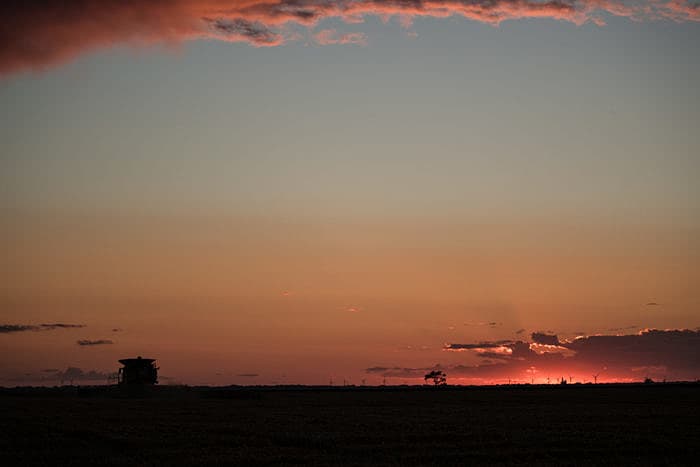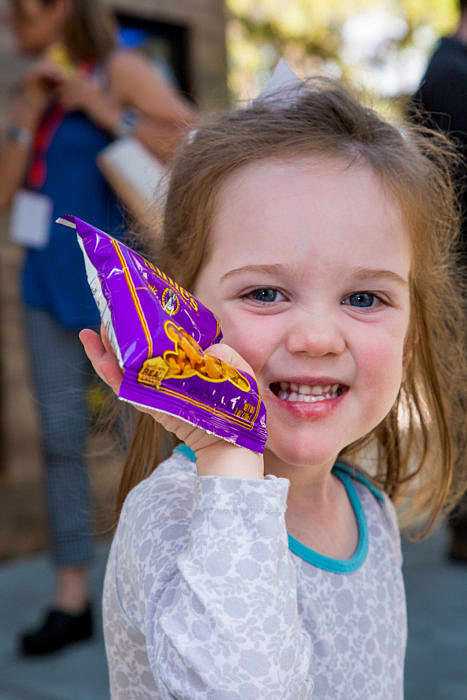
Doing less
It’s natural to talk about how we’re all doing more: innovating more, making more investments, having more to say in more areas of expertise. But while at the Aspen Ideas Festival earlier this summer, I was challenged to share where General Mills is doing less.
It made me think.
Many of the things we’re doing less of are just as important as – or more important than – the things we’re doing more of.
Here are the top five things I’m proud to say General Mills is doing less of today.
1. We’re controlling the land less (and letting it do what it does best)
We’re advancing the use of regenerative agriculture practices on one million acres of land by 2030 – which means helping farmland return to how Mother Nature intended: less chemicals and less human disruption to the soil.
We believe this will go beyond sustaining the earth and actually help restore it. Regenerative agriculture also shows promise on slowing – and even reversing – climate change by pulling carbon from the air and keeping it in the soil where it belongs, nourishing a network of life.

2. We’re emitting less greenhouse gases (GHGs)
The global food system accounts for roughly one-third of GHG emissions, which are a large contributor to climate change. In 2010 we committed to reduce absolute GHG emissions across our full value chain by 28% by 2025.
In 2018, our greenhouse gas emissions footprint decreased 13 percent compared to 2010. We still have a way to go, but we’re proud of the steps we’ve taken, like using less materials in our packaging and fewer trucks on the road.

4. We’re creating less waste
Waste comes in many forms – especially when talking about food – and they’re all interconnected. We’re taking big steps to reduce our footprint, from facilities to wrappers to the food itself, including:
- Achieving 100% zero waste to landfill at our plants by 2025.
- Less food wasted by using technology like MealConnect and FareShare Go. So far these food recovery platforms have enabled 30,000 retailers recover more than one billion pounds of surplus food to donate to charities.
- Less packaging waste through our commitment to make our packaging 100 percent recyclable by design by 2030.

